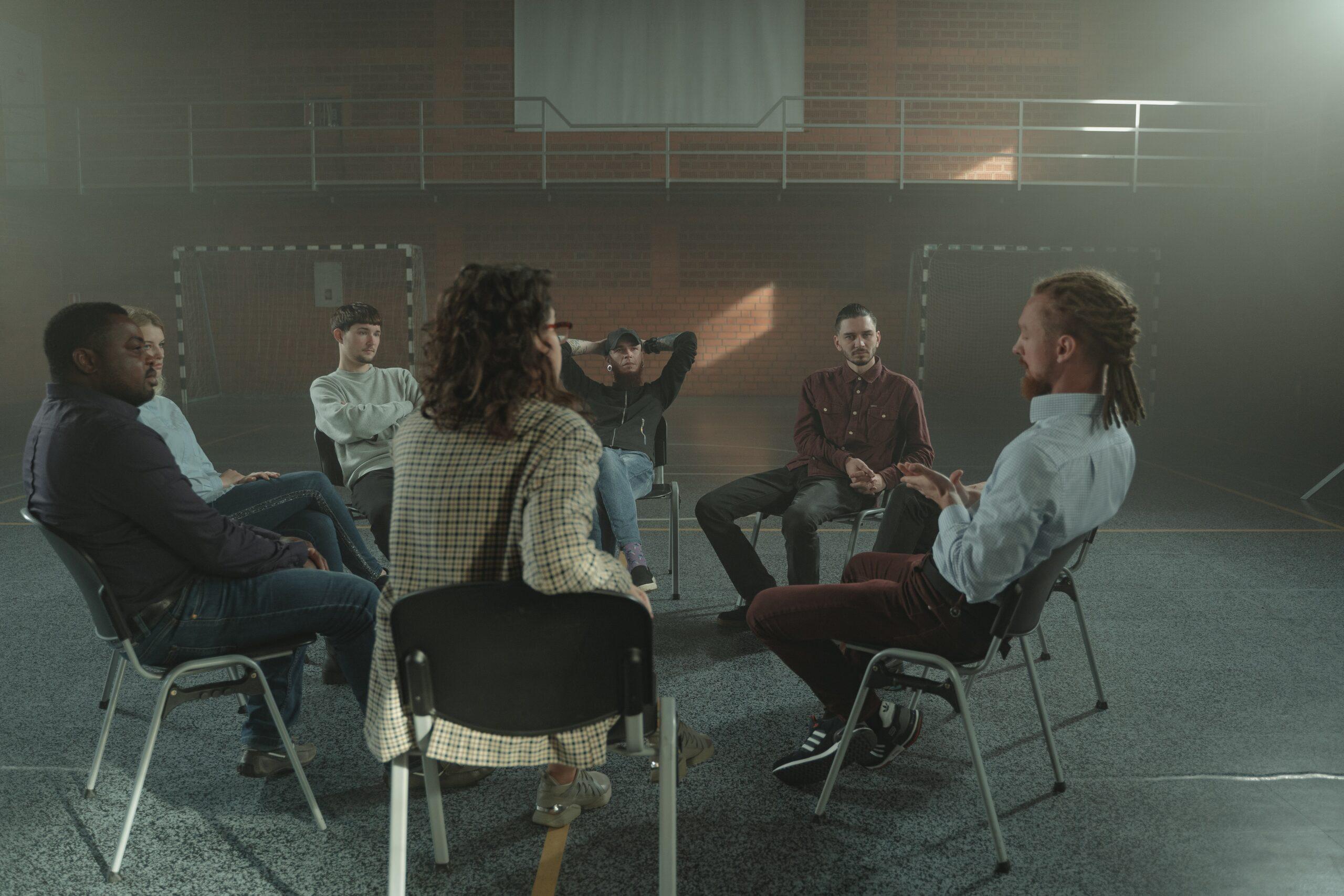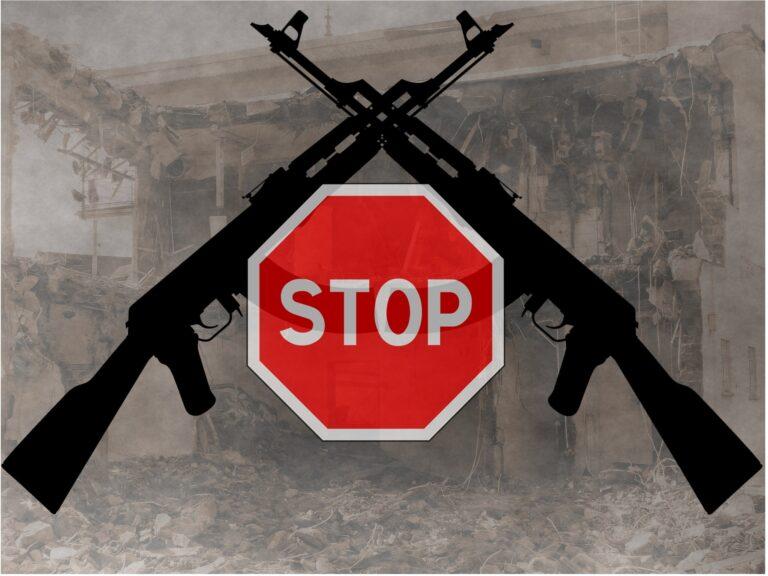Mental health treatment and care in Africa

Mental health care is one of the most underfunded areas of public health in Africa. Malaria, typhoid, HIV/AIDS, waterborne diseases among others are, allegedly, allocated more funds. African governments allocate less than 1 per cent of their budget to mental health services. Depression is the most prevalent mental illness in the world and, currently, an estimated 100 million people in Africa suffer from clinical depression, including 66 million women. It therefore does not come as a surprise when the World Bank calls depression “the greatest thief of productive economic life”.
The COVID 19 Pandemic worsened the situation by disrupting the supply of mental health care. Mental-health service provision is therefore currently being more neglected, particularly in developing countries and women are the most vulnerable, and most affected. The general perception is that mental disorders are “spiritual” and have to be dealt with, using means other than orthodox or conventional medicine such as “prayer camps”. In Ghana and certainly in most parts of the continent the stigma attached to the mental disorder leads relatives to “discarding” the patient into the care of priest or pastors who often double as quack doctors or traditional healers. Such areas could be referred to as “torture camps” where human rights are violated in some of the cruelest and inhumane ways.
Research found that the population of asylums for mental patients is made up primarily by women who have suffered the dejection inflicted on them by a partner, husband or lover. At least, that is what transpires in the case of Ghana, in the Ankaful Psychiatric Hospital, where women dominate in number. Of course, that institution is a hospital and patients receive the treatment that practitioners can afford to give, in terms of medication and other professional and technical practices. One factor to be taken into consideration is that in such regular psychiatric institutions, certain strange practices are sometimes noticed, emanating from the communities and patients. A former volunteer in one of such institution realized that some relatives use mental illness to rob their family members. In one specific case, a cocoa farmer (cocoa is one of the main export products of Ghana) was carried to the psychiatric hospital, every year around the time that the cocoa was to be harvested and sold. Careful investigations revealed, later, that the whole issue was a scam. His relatives simply put him away, sold off his harvest and pocketed the money while he was at the psychiatric hospital.

Other tragic incidents are caused by the overcrowded conditions on the wards and the shortage of staff. The Lancet Global Health reported on the shortage of manpower. “There are 1.4 mental health workers per 100,000 people, compared with a global average of nine per 100,000”. In Ghana the figure is approximately one psychiatrist for 1.5 million people. The same study adds that “the region also performs relatively poorly concerning the number of psychiatrists, the number of hospital beds for patients with mental illness, and the coverage of outpatient facilities”.
In the prayer camps mentioned above, it is generally thought that the condition of the patient is caused by evil spirits that have to be “flogged out” of the body and soul of the patient, a type of exorcism. Most patients are taken to the prayer camps by family members who are ignorant, fanatics or simply want to get rid of the mentally ill person. Conditions in such places are almost and always horrible. Most of them are in isolated areas, where a “healer” is solely in control, probably assisted by aides that cannot take any initiative. The cruelty comes from the fact that the general belief in those areas is that “harsh and painful treatment drives the evil spirit out of the patient”. As a result, inhumane practices like severe beating, shaving of the head, pouring cold water on the patients in the early morning in cold weather, leaving them under harsh weather conditions and so many other punishments are administered, and the patients are always chained, and often sedated. Trained mental health practitioners disapprove of these camps and practices which they unanimously see as “detention camps”. I have never heard of anyone who was healed in such camps. The most famous or “notorious” one in Ghana is said to be the Mount Horeb Prayer Camp which belongs to a church.
A positive component in the special nature of health care treatment in Africa is the communalistic life, or the fact that one easily finds a listening ear. Some Westerners who are familiar with Africa often state that practices like women gathering and gaily plaiting or doing their hair while chatting freely provides the opportunity for many of them to listen to the difficulties the other woman are going through. This practice is somehow related to the “free group talk” or “peer to peer therapy” practice, in which certain reputable mental health institutions are grounded. StrongMinds is one of those institutions, it is a social enterprise that was founded in 2013 and treats depression in low-income women and adolescents in Africa. Domestic and matrimonial, private and personal issues that generally trigger depression are shared, and many of those women come to realize that their situations are very similar, or that they are better off than many of their peers. That certainly provides some solace. Sharing one’s trouble with reliable and trustworthy companions or friends does a lot of good to women in Africa. It prevents toxic feelings from piling up to an extremely dangerous point that requires medical attention.
The growing tendency in many African countries now is to bridge the gap between traditional and orthodox medicine. The free talk and group therapy methods, when coupled with the minimum dosage of psychiatric health care medication could provide a giant aid in the treatment of health care disorders in Africa. That would mean the disappearance of the horrible practices prescribed and practiced in the superstition-founded remote prayer camps. Mental health is one of the most important factors concerning populations and development in Africa.
Moussa Traoré is Associate Professor at the Department of English of the University of Cape Coast, Ghana.







That’s an interesting piece of work.
Interesting piece.